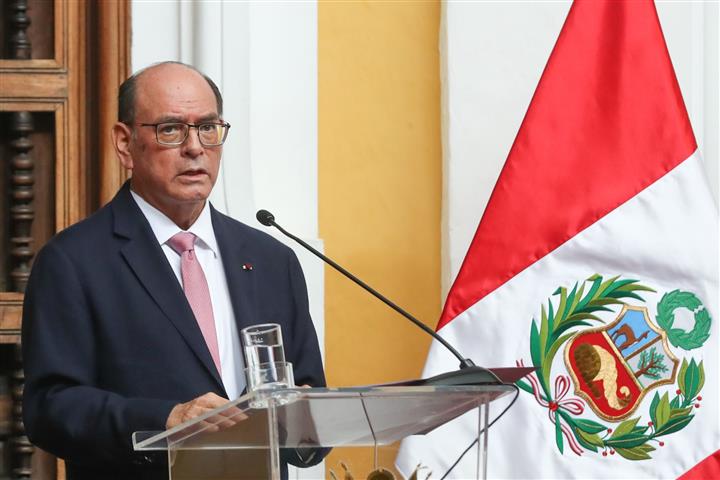The decision was taken with 58 votes in favor, 46 against and six abstentions, and requires the Minister of Foreign Affairs to appear before the plenary session of Congress to answer a list of questions, exposing him to the possibility of censorship (obligation to resign).
The promoters of the interpellation questioned positions raised last September by the Peruvian president, Pedro Castillo, in his speech before the United Nations General Assembly.
They rejected Peru’s support for Argentina’s sovereignty over the Malvinas Islands and the fight for independence of the Sahrawi Arab Democratic Republic, among other points, in an exhibition that was tied to the country’s historical international policy, according to what Landa explained when appearing before the Legislative Committee on Foreign Relations.
Legislators from the left and center, in turn, pointed out that the interpellation invades the privileges of the Executive, since the management of foreign policy is the exclusive and constitutional attribution of the President of the Republic.
They also pointed out that the measure is part of a radical and general opposition policy to end the Castillo government. Very soon, the Foreign Minister confirmed he will face the interpellation. ‘I will go again to the Congress of the Republic to answer the questions raised this time in the interpellatory statement, explaining again Peru’s foreign policy and the work of the Foreign Ministry,’ he said on Twitter.
ef/ro/mrs









